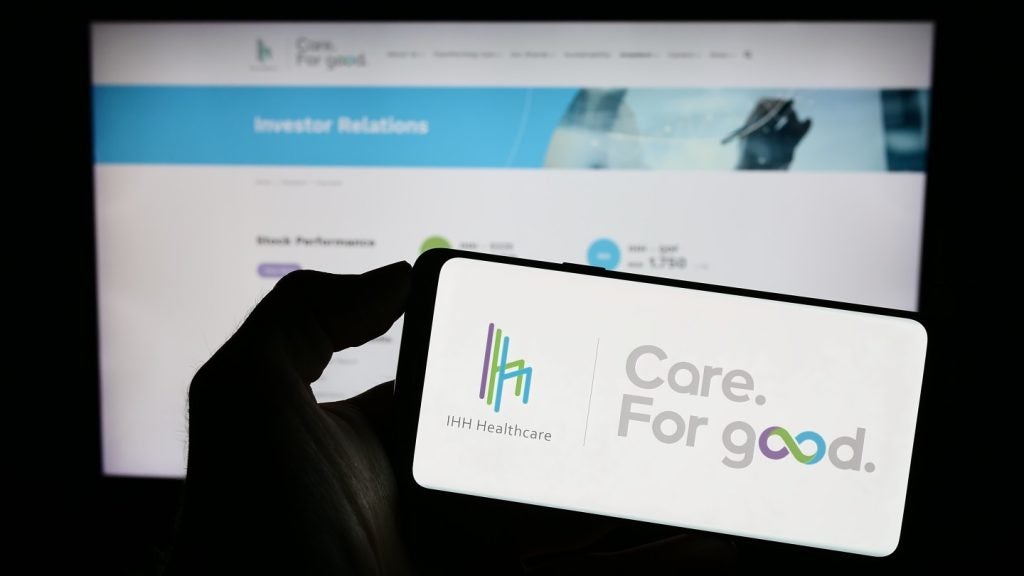IHH Healthcare Malaysia has announced its plans to adopt outcome-based healthcare models to enhance patient care.
The move is in line with Malaysia's Health minister's encouragement for a shift from a 'pay-for-service' to a 'pay-for-outcomes' model.
This strategic move is designed to improve patient outcomes and reduce costs by minimising unnecessary medical procedures.
Since 2019, IHH Healthcare Malaysia has been working to implement value-driven outcomes (VDO), an initiative that tracks the patient journey to enhance clinical efficiency and outcomes.
The initiative benchmarks clinical practices against global standards, facilitating data-driven decision-making.
Presently, VDO initiatives at IHH Healthcare Malaysia encompass 15% of its medical procedures, including anterior cruciate ligament surgery, colonoscopy, coronary angioplasty, hysterectomy, and total knee replacement.
The organisation said it aims to increase this to 50% shortly.
IHH Healthcare Malaysia CEO Jean-François Naa said: “To ensure optimal outcomes from our VDO initiatives, we establish performance metrics for each procedure, including adherence to clinical guidelines, to improve the quality of patient recovery and patient recovery time.”
IHH Healthcare Malaysia said that evidence-based practices and advanced data analytics have propelled it to surpass international benchmarks.
For instance, the company stated that its colonoscopy procedures have achieved a 50% overall polyp detection rate and a 27% adenoma detection rate, exceeding the global standards of 40% and 25%, respectively.
Additionally, patient-reported outcomes measure surveys, including a knee injury and osteoarthritis outcome score-12, indicate substantial post-surgery improvements in patient well-being.
The company shared scores that show a 41-point increase at three months and a 52-point increase at six months after total knee replacement surgeries, surpassing the international Minimal Clinical Importance Difference standard of 11.1 points.
The VDO initiative is currently active across IHH Healthcare Malaysia's network, including Pantai Hospitals, Gleneagles Hospitals, and Prince Court Medical Centre, as well as ancillary services such as Premier Integrated Labs and Pantai Integrated Rehab.
It will expand to include Timberland Medical Centre next year.
Naa added: “With the positive results of our VDO initiatives and the maturity of our data, we are now ready to explore the feasibility of outcome-based payment models. This shift not only aligns with the health minister’s directive but also reinforces our commitment to delivering high-quality, patient-centred care.”









